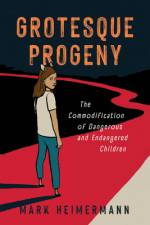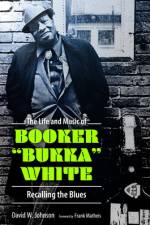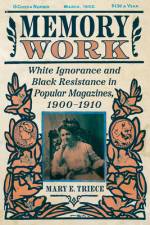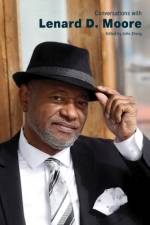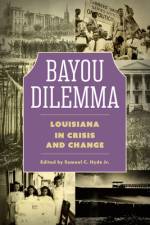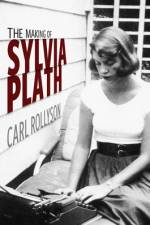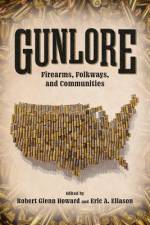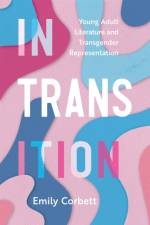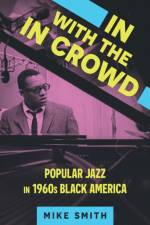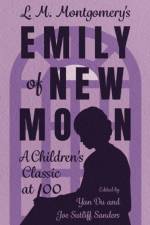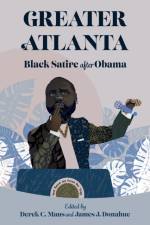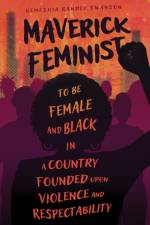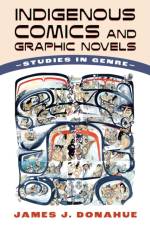- Firearms, Folkways, and Communities
av Robert Glenn Howard
491
Contributions by Sandra Bartlett Atwood, Nathan E. Bender, London Brickley, Eric A. Eliason, Noah D. Eliason, Tim Frandy, Robert Glenn Howard, Jay Mechling, Annamarie O'Brien Morel, Raymond Summerville, Tok Thompson, and Megan L. Zahay Guns are a ubiquitous part of life in the United States. Arguably more pervasive than physical guns is "gunlore," which refers to the many folklore genres related to firearms. Gunlore: Firearms, Folkways, and Communities is the first book to engage with the many narratives, rituals, folk-speech, customs, art, and handicraft encompassed by gunlore. Like most expressive cultures, gunlore emerges from specific communities. Groups with a shared interest around firearms may form for many reasons--self-protection, hunting, crime, work, political or social identity signaling, the desire to creatively modify guns, and even the resolve to oppose gun use and ownership. This collection explores a range of gunlore genres and the "gunfolk" groups that give rise to them. Contributors examine topics that include the fetishization of firearms, "Moms Who Carry," online discussion boards, alternative history cosplay, survivalist communities, gunsmiths and gun craft, and more. Gun owners and gun enthusiasts, in all their varieties, are one of the largest avocational groups in America. The essays in Gunlore seek to expand our understanding of these communities by looking at the various roles firearms play, have played, and can play in our world. Gunlore, for better or worse, is a powerful and pervasive method of self-expression. In examining the folklore around these controversial and politically charged tools, weapons, and symbols, we can begin to understand aspects of American culture that will remain prominent for the foreseeable future.

